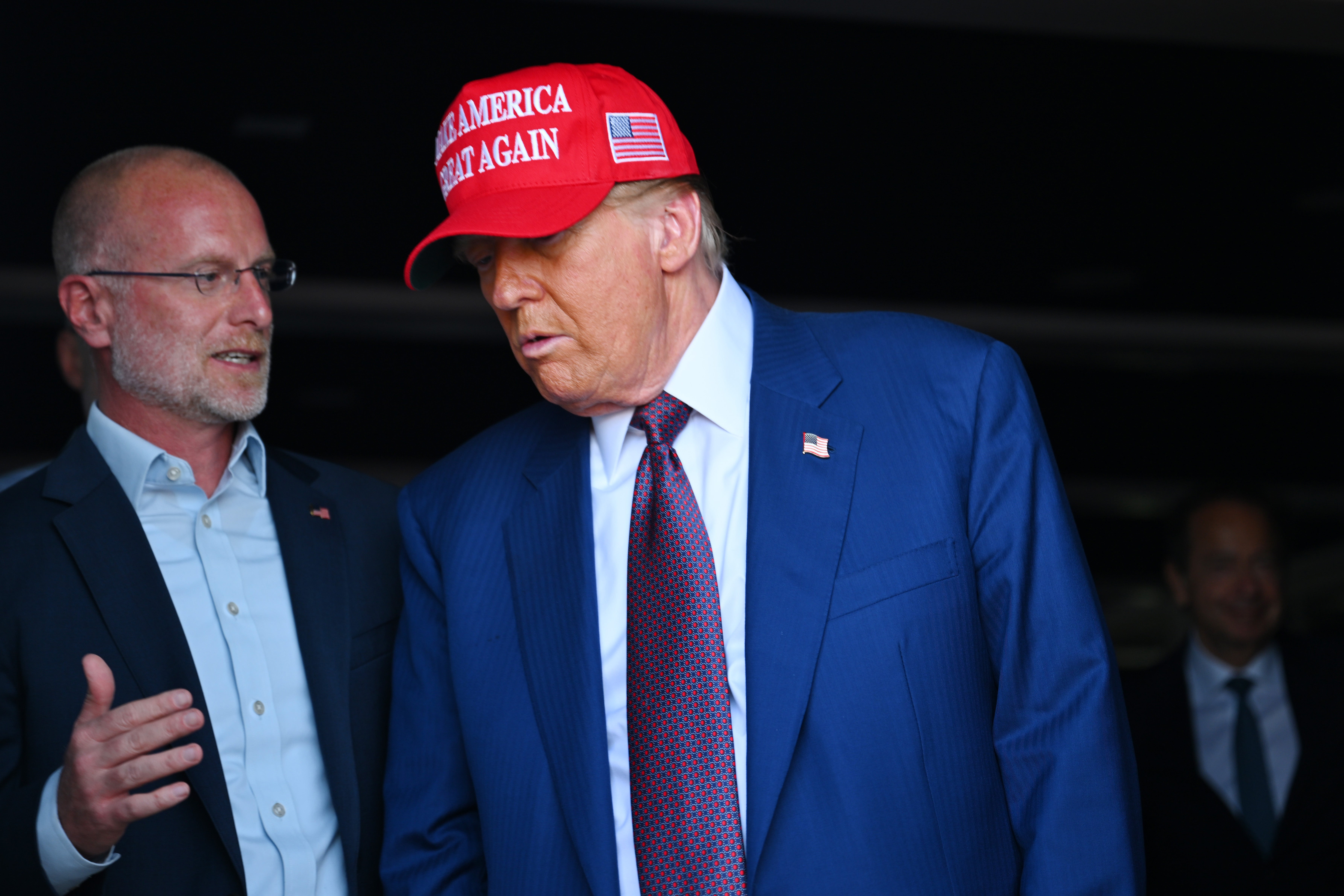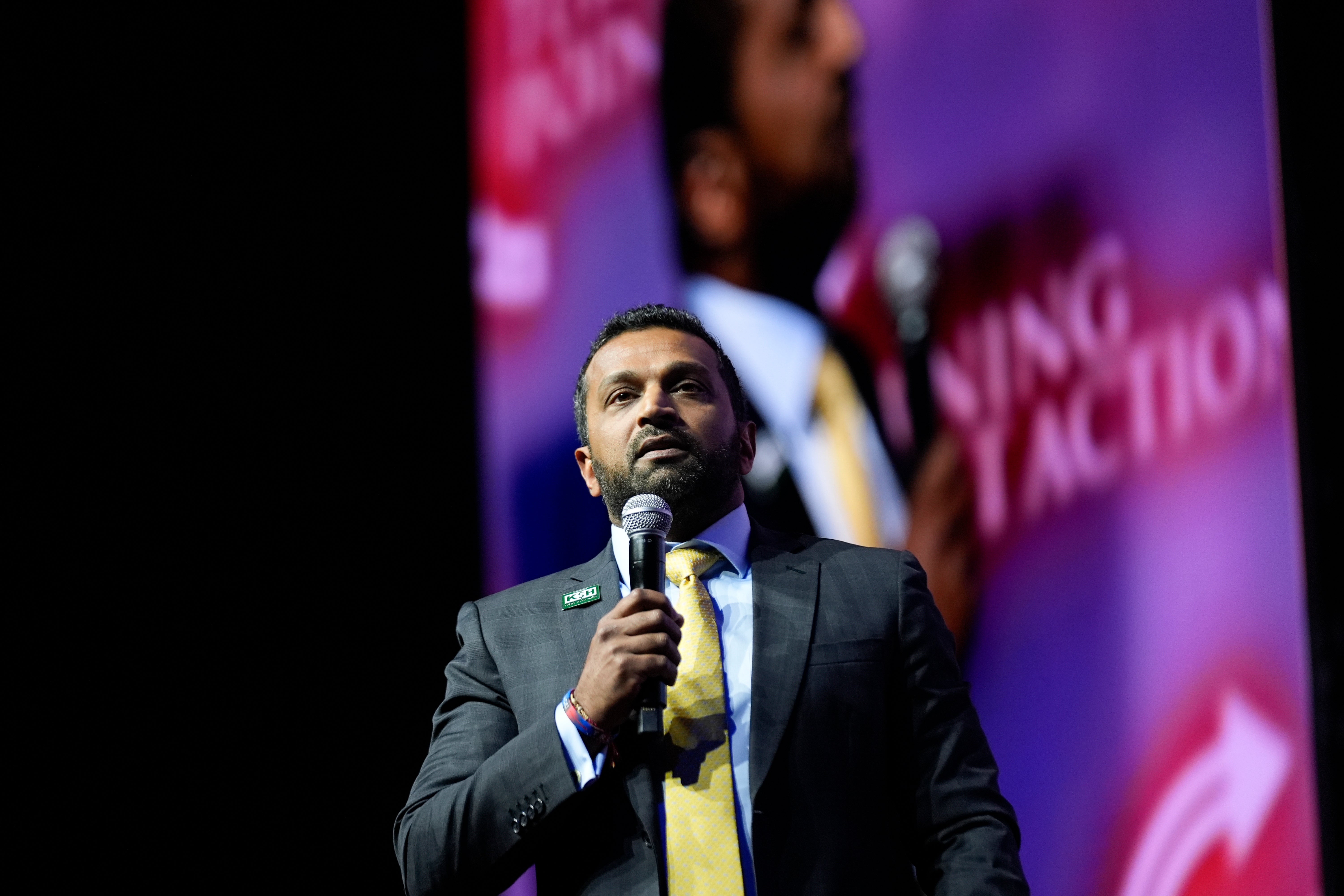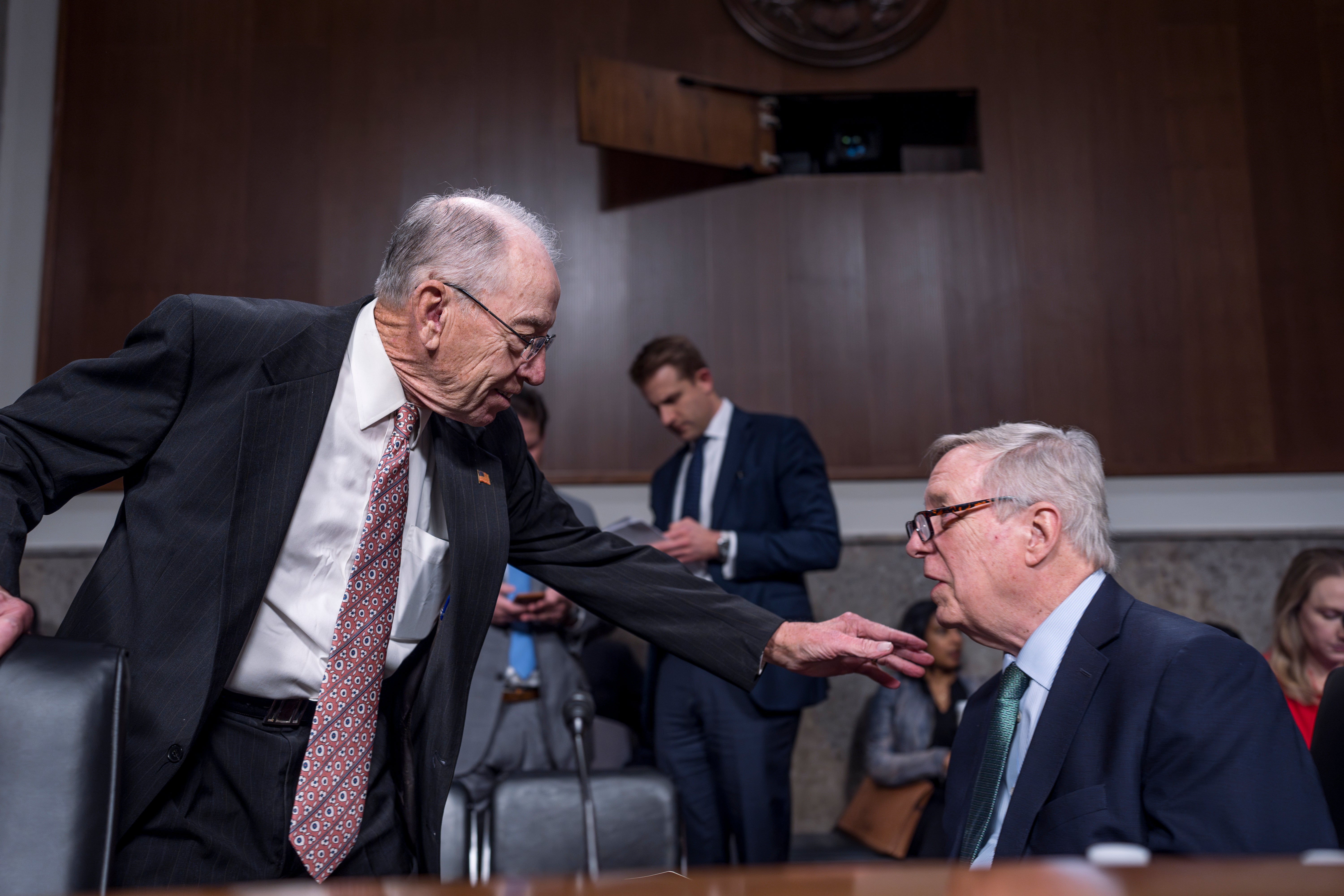Less than two months before he returns to the White House, Donald Trump is embroiled in several lawsuits and legal threats against news organizations and seeking billions of dollars in damages.
He is commanding Republicans in Congress to block legislation that would protect journalists’ sources while he takes advice from wealthy allies and right-wing groups who want to block publicly funded media from getting a single public dollar.
Trump spent his three campaigns and first four years in office raging against a free press he calls “fake news” and the “enemy of the people.” He is now waging a legal war against the media in courtrooms across the country and preparing to take aim at an adversarial press once he’s back in office.
On Wednesday, Trump demanded that congressional Republicans block a bipartisan bill intended to safeguard confidential sources, what civil rights groups have called the most significant measure for press freedoms in modern history.
The bill — Protect Reporters from Exploitative State Spying Act, or PRESS Act — unanimously passed the House earlier this year but has been stalled in a Senate committee.
“REPUBLICANS MUST KILL THIS BILL!” Trump wrote on Truth Social.
Trump did not give a reason. The bill even has the support of Tucker Carlson and Republican leadership on the House and Senate judiciary committees.

“With many purportedly concerned about how Trump may impact our free press, it is unthinkable to allow a bill with as much bipartisan support as the PRESS Act to wither away and die,” said Chip Gibbons, policy director with Defending Rights & Dissent.
During his first term in office, Trump’s attorney general William Barr had secretly pursued records from reporters at CNN, The New York Times and The Washington Post. Attorney General Merrick Garland later issued a rule that banned prosecutors from using subpoenas, warrants and court orders to seize records and notes from reporters,
The PRESS Act would enshrine that policy into law.
But the Heritage Foundation-backed Project 2025 recommends rescinding that policy altogether. Trump has since nominated several authors of the plan to his cabinet.
The Independent has requested comment from Trump’s campaign.
Trump’s far-right allies like Steve Bannon and Kash Patel, who has reportedly been floated for a leadership position at the FBI, have not been shy about their fantasies of a second Trump administration criminally prosecuting journalists and media organizations.
“We will go out and find the conspirators, not just in government but in the media,” Patel said on Bannon’s War Room podcast last year.
“Yes, we’re going to come after the people in the media who lied about American citizens, who helped Joe Biden rig presidential elections — we’re going to come after you,” he said. “Whether it’s criminally or civilly, we’ll figure that out.”

During his 2024 campaign, Trump sued ABC News host George Stephanopoulos for making “patently and demonstrably false” statements that the former president was found liable for rape in E Jean Carroll’s defamation trial.
Days before Election Day, Trump sued CBS News for $10 billion, alleging that the network deceptively edited an interview with his rival Kamala Harris to unlawfully influence the election.
In the weeks between, Trump suggested that the broadcast licenses for major news networks should be revoked.
His attorneys also made legal threats to The Daily Beast, The New York Times and Penguin Random House. His campaign filed a six-page complaint to the Federal Election Commission alleging that The Washington Post made illegal in-kind contributions to Harris’s campaign by promoting stories about the vice president.

In his first term, Trump proposed dramatic cuts to public media funding, which was ultimately blocked by Congress but signaled his readiness to make deep and devastating cuts that would upend local news and public broadcasters that depend on federal dollars.
Elon Musk and Vivek Ramaswamy, who are co-leading a Department of Government Efficiency outside advisory group, have already proposed slashing $535 million to the Corporation for Public Broadcasting, which funds hundreds of locally owned public radio and television stations, and with a statutory mandate to a “strict adherence to objectivity and balance in all programs or series of programs of a controversial nature.”
Musk, whose social media platform X is inundated with false statements and misinformation, has repeatedly called for the government to “defund” National Public Radio. Less than 1 percent of NPR’s annual operating budget comes from grants awarded through federal agencies and the Corporation for Public Broadcasting.
The world’s wealthiest person now has the ear of the president-elect, who has called efforts to curb the proliferation of mis- and disinformation on social media platforms the work of “the censorship cartel.”
Republicans have characterized attempts to block out hate speech and dangerously false claims as a fight against free speech intended to shut out right-wing views, a campaign that Musk and Trump have made central to their respective agendas.
Trump’s pick to lead the Federal Communications Commission — Brendan Carr, who wrote Project 2025’s chapter on the agency — wants to use the agency to target social media companies over accusations of censorship.
Carr will “dismantle the censorship cartel and restore free speech rights for everyday Americans,” Trump said in a statement announcing Carr in his administration.

Carr made headlines before the election for publicly accusing NBC of violating so-called “equal time” rules for candidates after Kamala Harris appeared on Saturday Night Live.
In an interview with Fox News, he said the FCC should pursue “every single remedy” — including pulling the broadcast licenses — for networks that engage in “egregious” violations of broadcasting rules.
Following Trump’s election, the Committee to Protect Journalists called on the incoming administration to respect “the fundamental right to a free press.”
“Legal persecution, imprisonment, physical violence, and even killings have sadly become familiar threats for journalists across the world,” the group said. “They must not now also become commonplace in the United States, where threats of violence and online harassment have in recent years become routine.”
Clayton Weimers, executive director of Reporters without Borders US, invoked Trump’s “make America great again” slogan in his defense of a free press.”
“Freedom of the press is one of the core pillars of our democracy that made America great in the first place,” Weimers said in a statement. “Attacking the press is really an attack on American citizens’ right to know. Trump’s new administration can and must change its tune with the media and take concrete steps to protect journalists and develop a climate conducive to a robust and pluralistic news media.”







